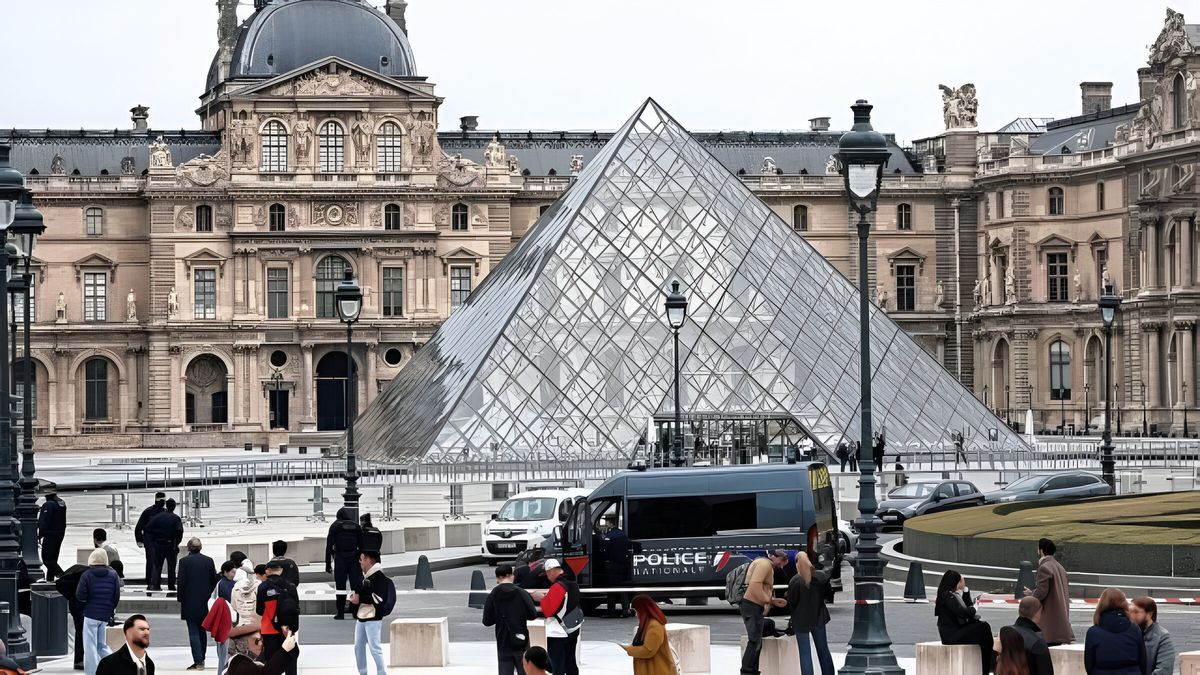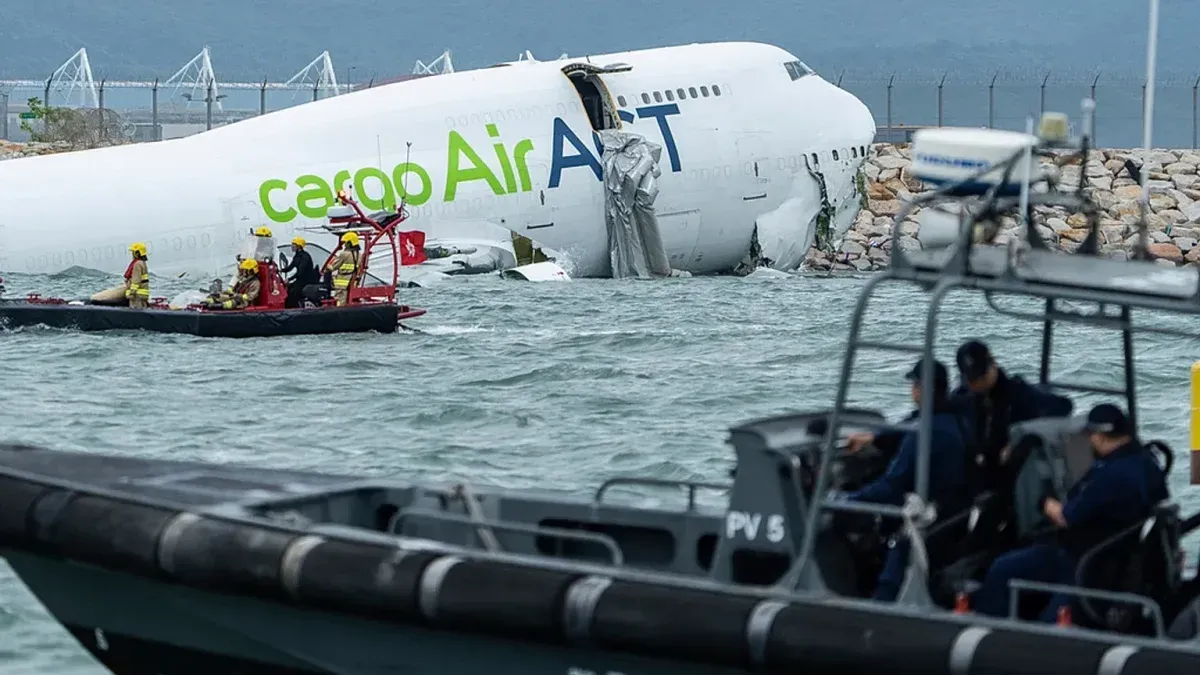Among other things, the joint purchase of gas and a gas price cap for the TTF wholesale center are on the table. Proposals for a gas price cap have repeatedly caused heated arguments in the EU.
How is the electricity price determined?
Electricity is produced from various energy sources: in addition to wind, sun, nuclear power, coal and biomass, there is also gas. The sharp increase in the price of gas against the background of the war in Ukraine is driving up the price of electricity accordingly, as this is based on the most expensive energy source. Energy companies that produce cheap electricity, such as from renewables, thus make big profits.
How has the gas price developed?
Energy prices have skyrocketed in the EU and globally since the second half of 2021. The gas price reached its previous high of EUR 340 per megawatt hour on the key wholesale market TTF on the Dutch stock exchange on August 26, and is now around EUR 115. According to experts, one reason for the relaxation on the gas market is the well-stocked storage facilities in the EU. However, around a year ago the price was still around 40 euros.
What have the EU countries done at EU level against the high energy prices?
After several EU summits and special meetings of EU energy ministers in recent months, the EU states were able to agree on several measures. It was decided, for example, to save electricity at peak times, to skim off so-called random profits from electricity companies that can produce cheaply, and a temporary solidarity levy from companies in the fossil energy industry.
What measures are on the table for EU ministers on Thursday?
A political agreement is expected, among other things, on the joint purchase of gas from spring onwards in order to depress the prices for the raw material through concentrated market power. The EU states had actually already agreed on joint purchases in March, but did not make any progress with it. The proposal now stipulates that companies will have to bundle some of their gas demand via a central office. This should be mandatory for at least 15 percent of the prescribed storage levels. The companies can then join forces to negotiate with suppliers.
While joint gas purchasing is unlikely to meet with much resistance, a fixed gas price cap could lead to more intensive discussions among the EU countries. According to the EU Commission, the gas price on the TTF platform is to be capped for certain contracts in the future. She proposes a maximum price for gas traded a month in advance.
The cap would apply automatically if this price exceeded 275 euros per megawatt hour for two weeks and at the same time was at least 58 euros higher than the prices on the world market for liquefied natural gas (LNG). In order to avoid bottlenecks in supply, the price cap should also be checked regularly and be able to be overridden at any time.
Gas could also be traded further outside of exchanges like TTF. The exception of OTC trading (“Over the Counter”) is intended to give the EU additional flexibility. The EU states want to discuss this on Thursday, and a decision on this is expected in December.
Have Austria’s demands been met?
Not quite. Austria has been insisting for months on joint gas purchasing, but also on the development of the so-called Iberian model, which Spain and Portugal are already using, at EU level. The state subsidizes gas that is used to generate electricity. At the EU summit in October, the EU heads of state and government decided that the EU Commission should examine this model for the EU – but the Brussels authorities have so far failed to do so.
What Austria firmly rejects is a gas price cap on the import of Russian gas. More than half of the EU countries had called for this. In September, Gewessler warned of supply bottlenecks: “As painful as it is, we are still dependent on Russian gas supplies.”
Source: Nachrichten




